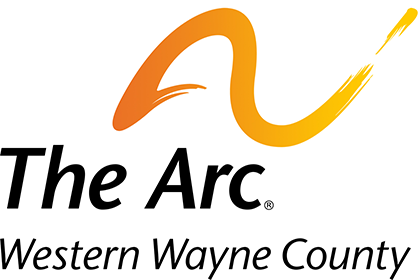Many terms are used to describe emotional, behavioral or mental disorders. Usually, people with such disorders are categorized as having a serious emotional disturbance. The Individuals with Disabilities Act defines a person with emotional disturbance as a person exhibiting one or more of the following characteristics over a long period of time and to a degree that adversely affects the person’s performance. One characteristic is an inability to learn, which cannot be explained by intellectual, sensory, or health factors.
Another characteristic of emotional disturbance is an inability to build or maintain satisfactory interpersonal relationships with peers. Other characteristics include inappropriate types of behavior or feelings under normal circumstances, a general pervasive mood of unhappiness or depression, or a tendency to develop physical symptoms or fears associated with personal problems.
The causes of emotional disturbance have not been adequately determined. Although various factors have been suggested as possible causes, research has not shown any to be the direct cause of behavior problems.
Some characteristics and behaviors seen in children who have emotional disturbances include: hyperactivity, a short attention span and impulsiveness, aggression or self-injurious behavior such as acting out or fighting, withdrawal, a failure to initiate interaction with others or avoid social interactions through fear or anxiety, immaturity characterized by inappropriate crying and temper tantrums, and poor coping skills and learning difficulties exhibited by academic performance below grade level.
Many children who do not have emotional disturbances may display some of these behaviors at various times during their development. However, when these behaviors continue over long periods of time, those children may have serious emotional disturbances and their behavior is signaling that they are not coping with their environment or peers.
If you would like more information please contact The National Alliance for the Mentally Ill, Michigan chapter at 800-331-4264, or visit them online at www.namimi.org.
Phone code: 1715

Recent Comments